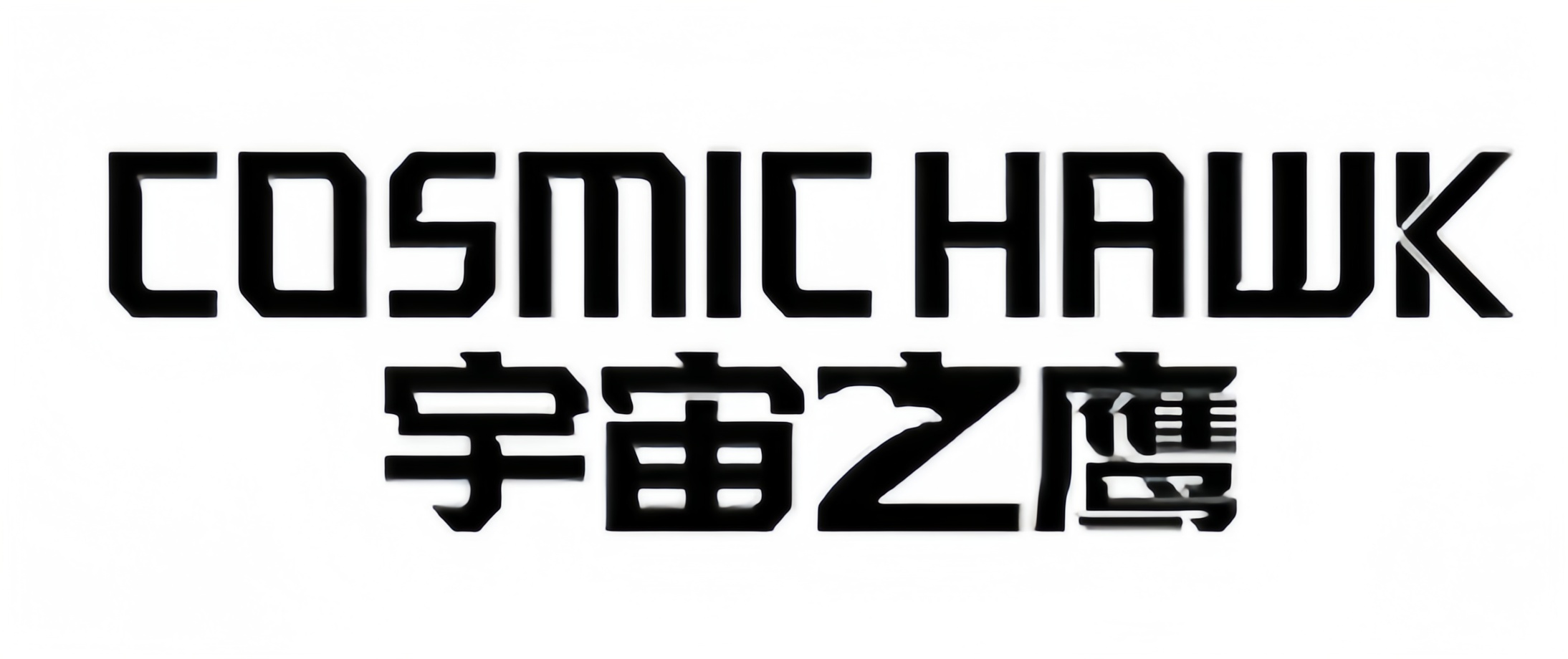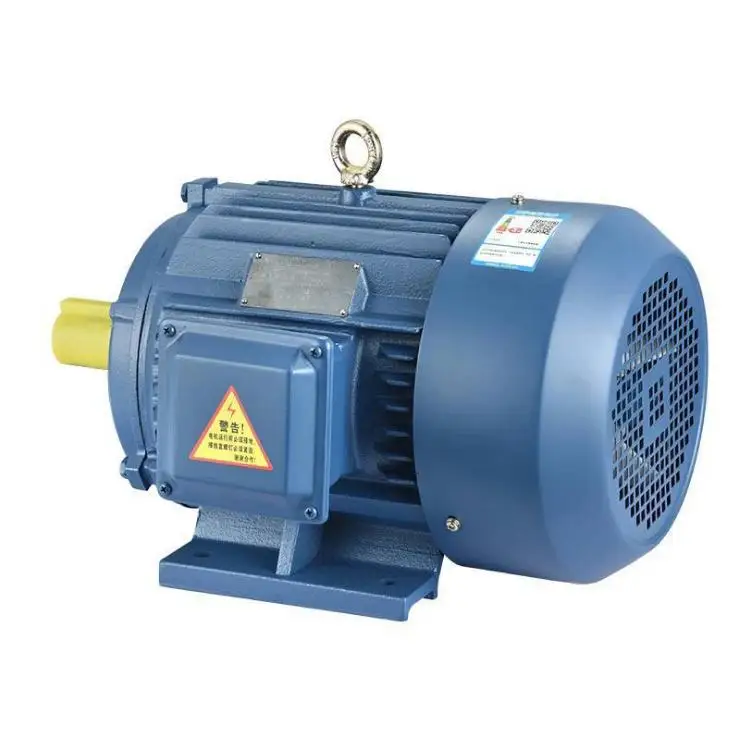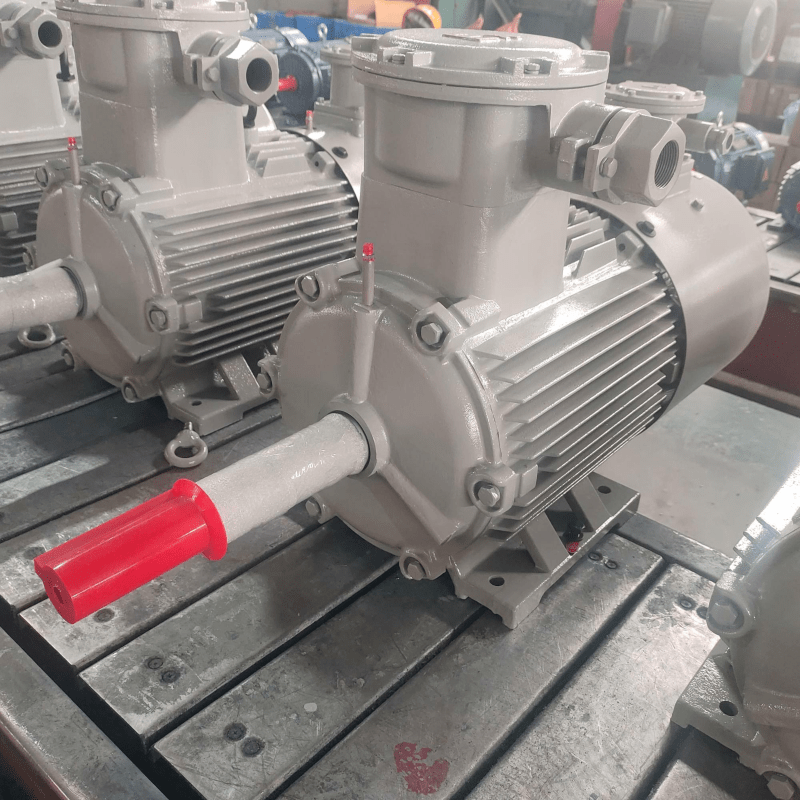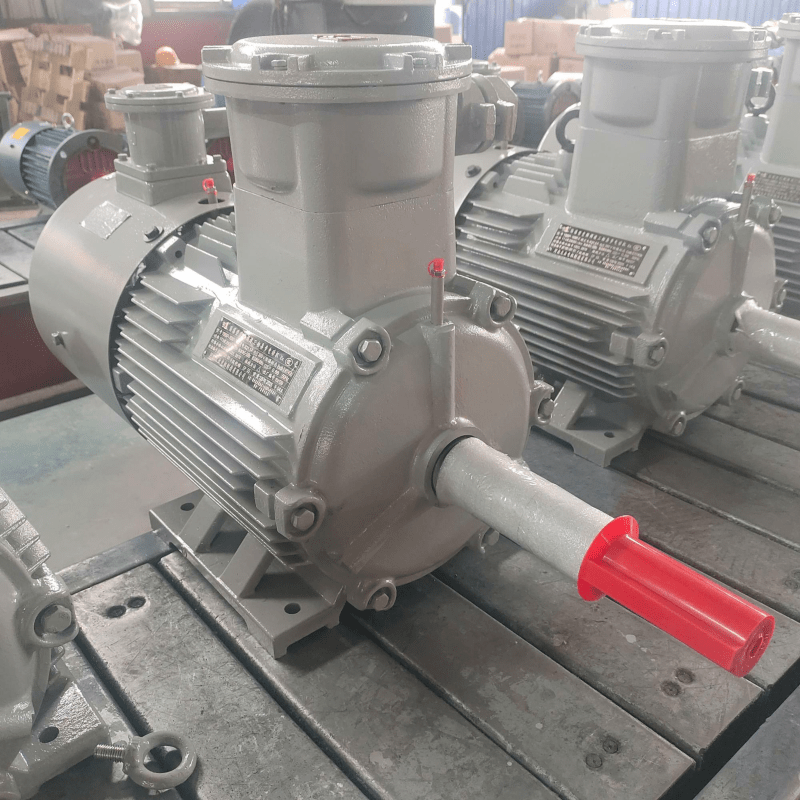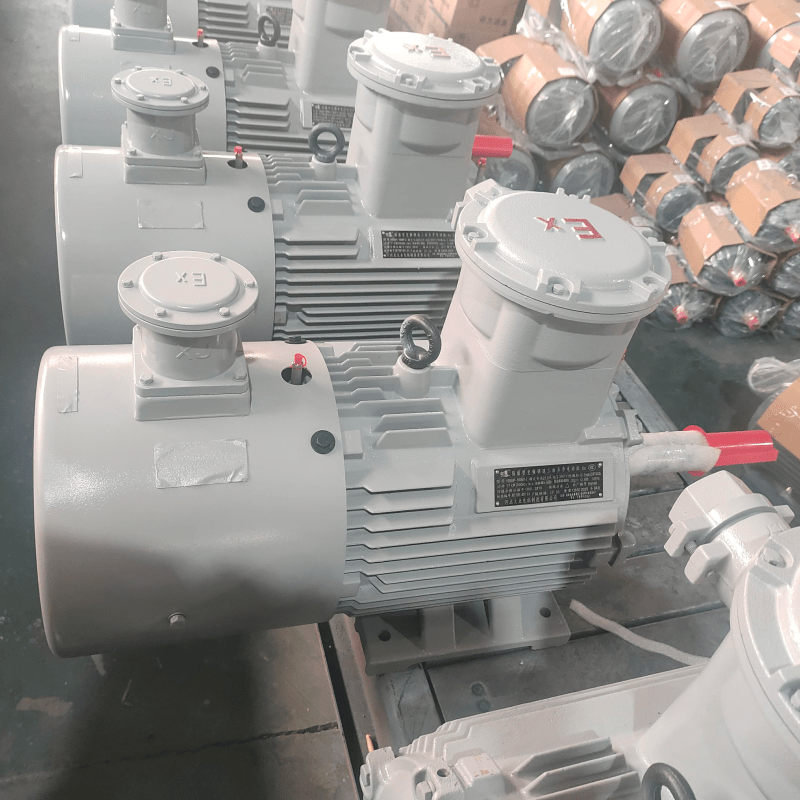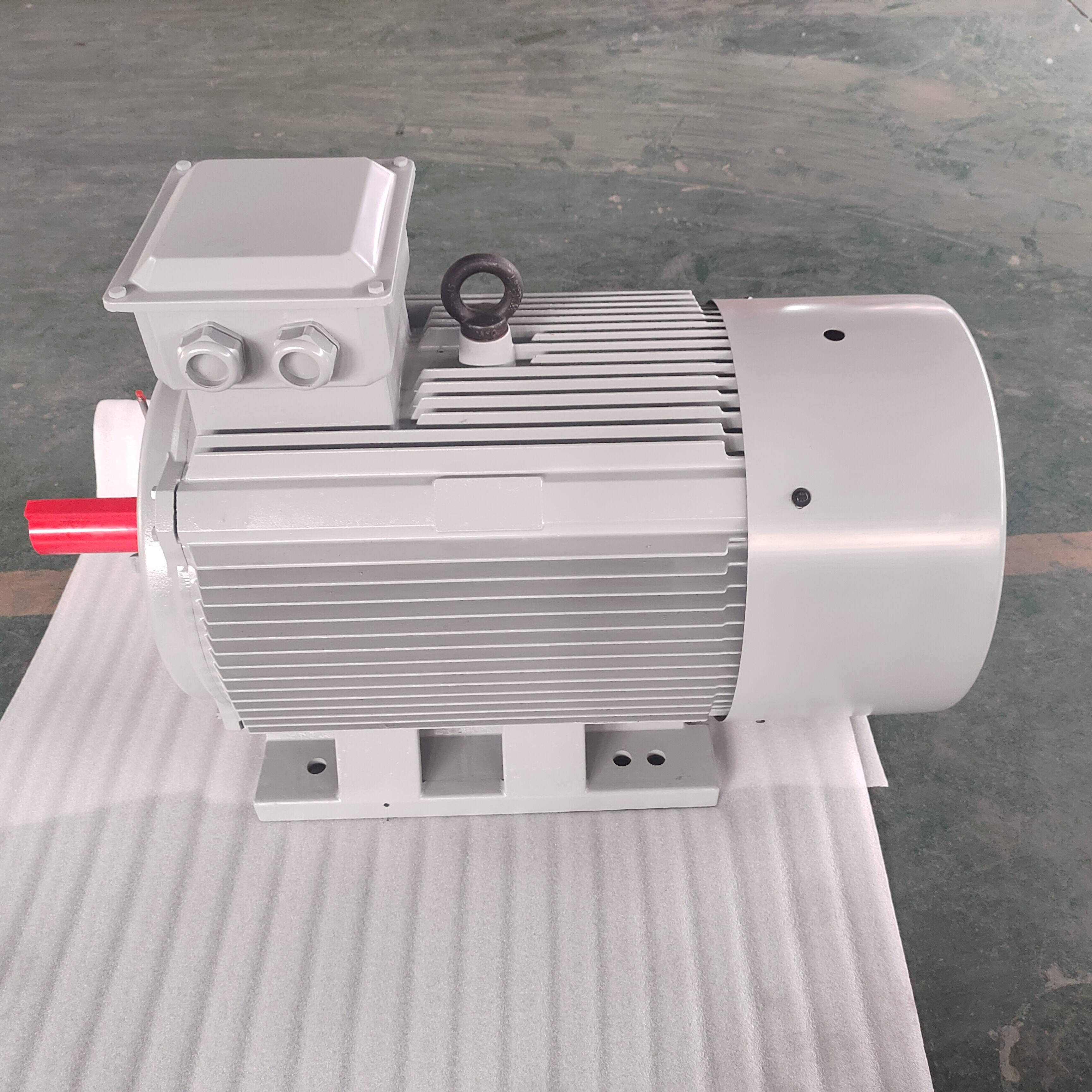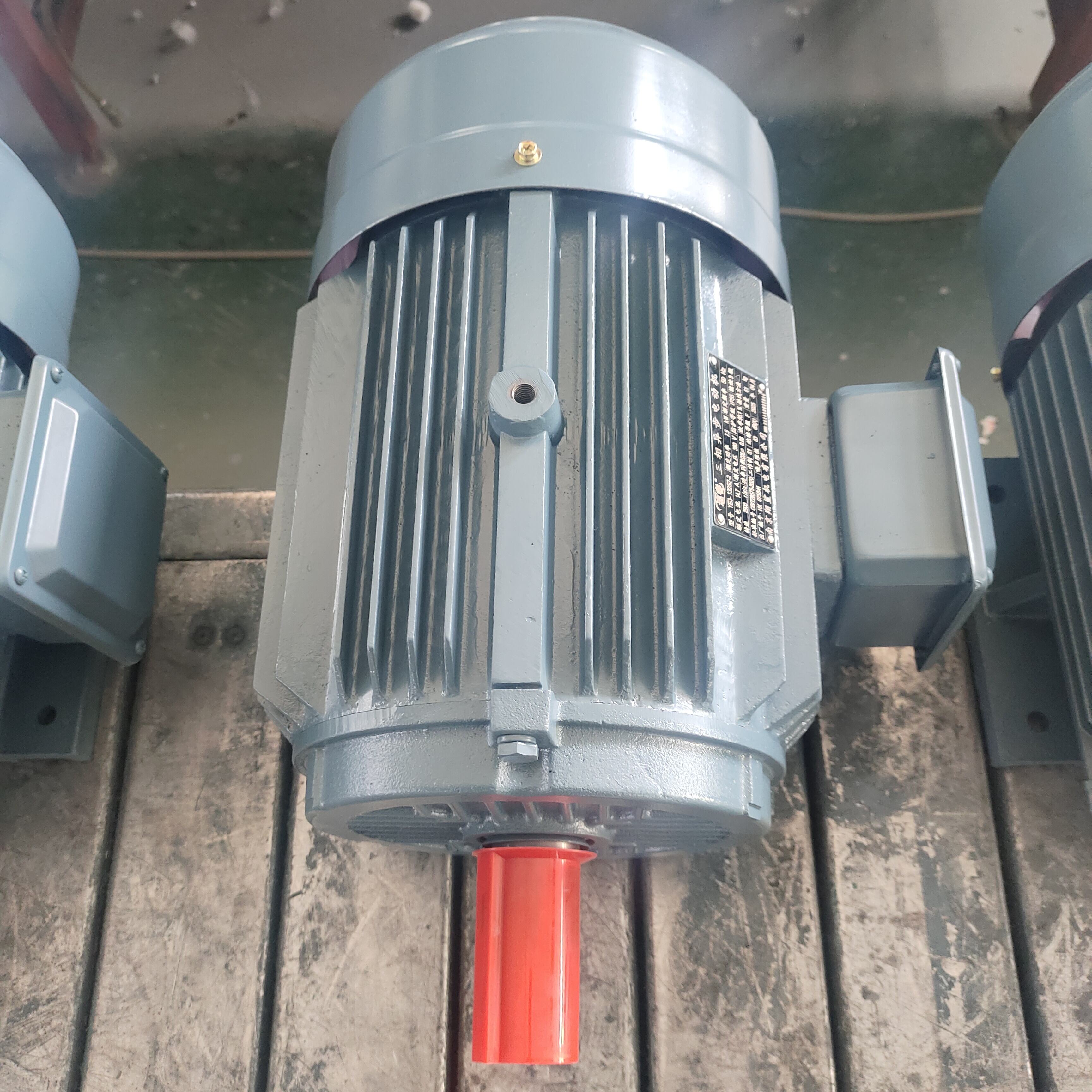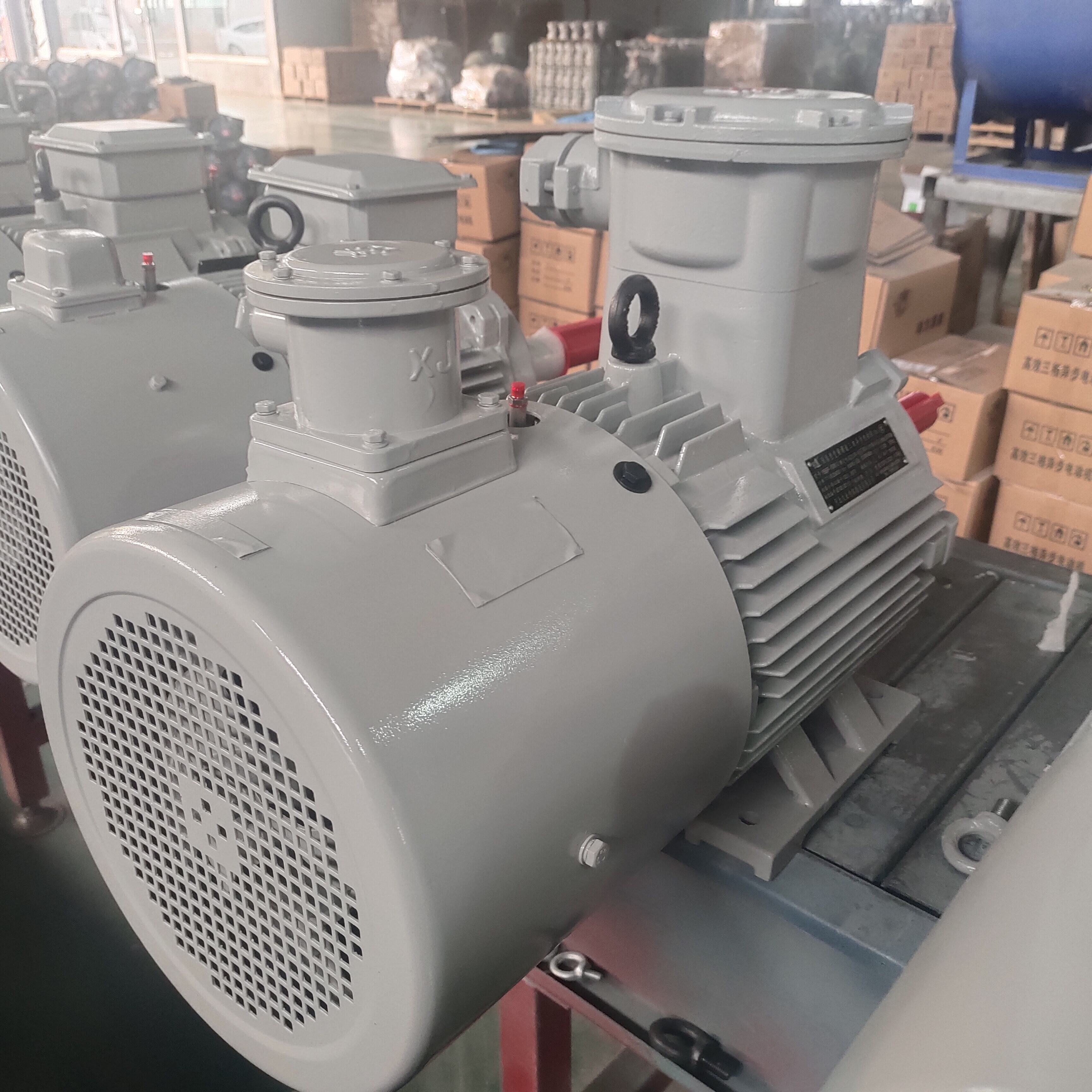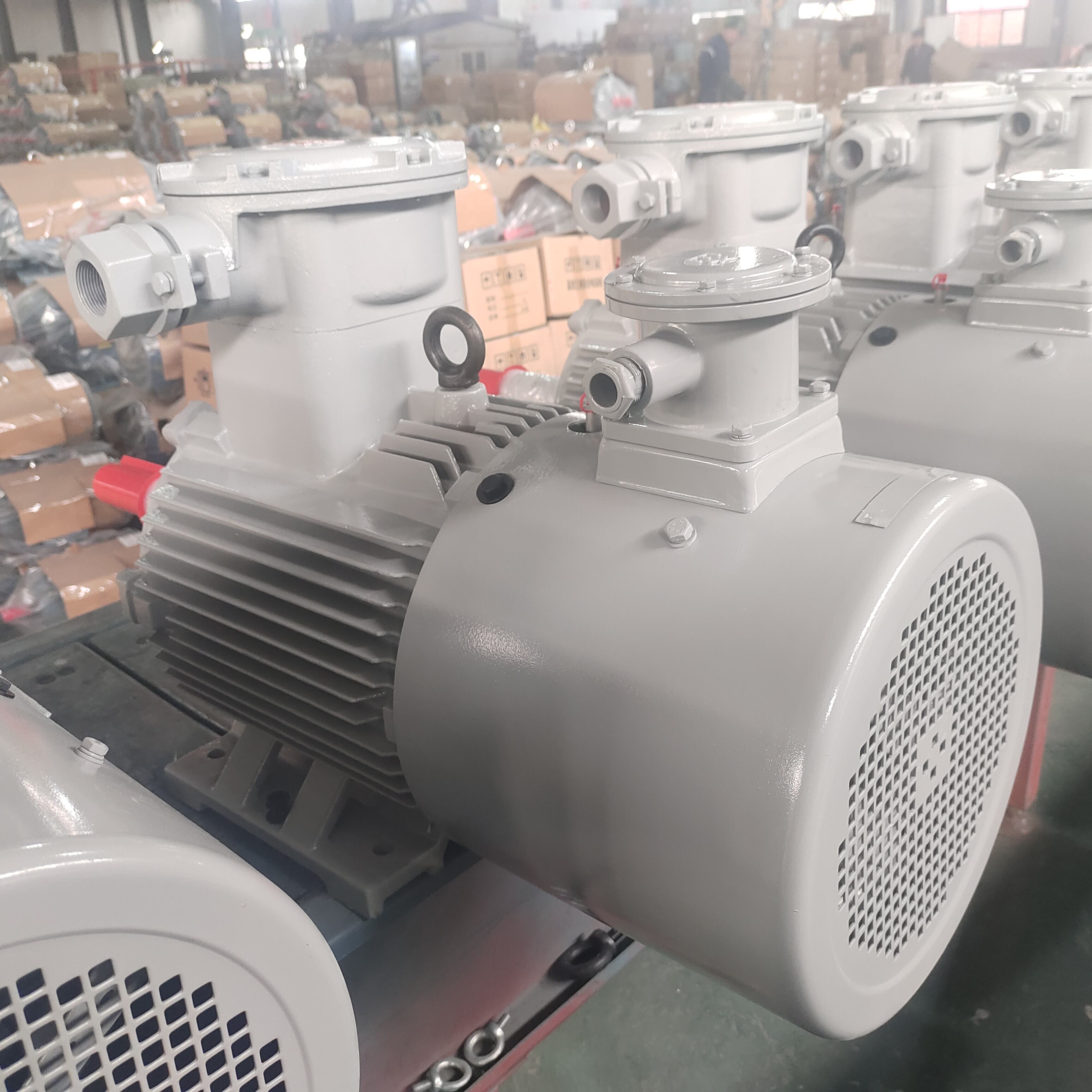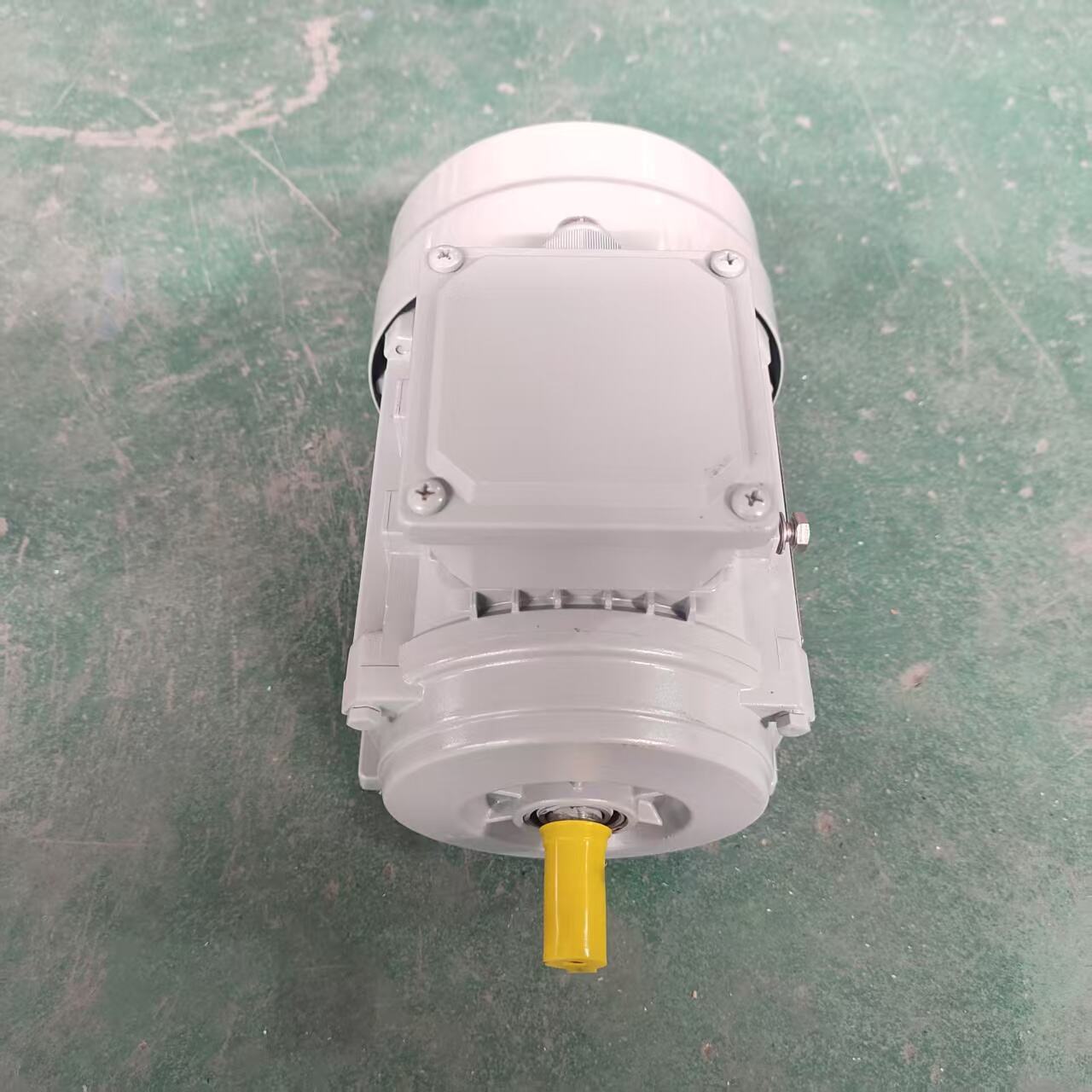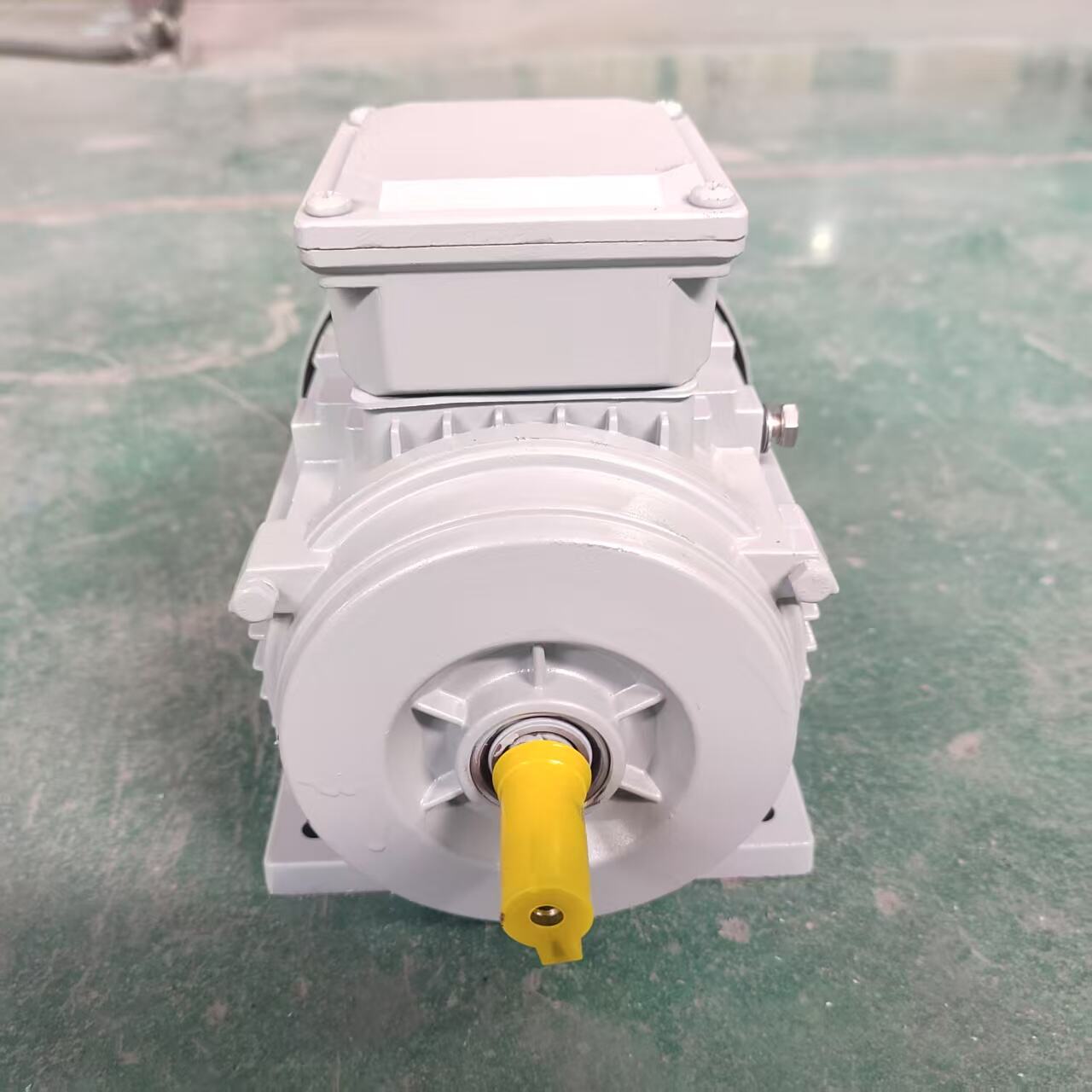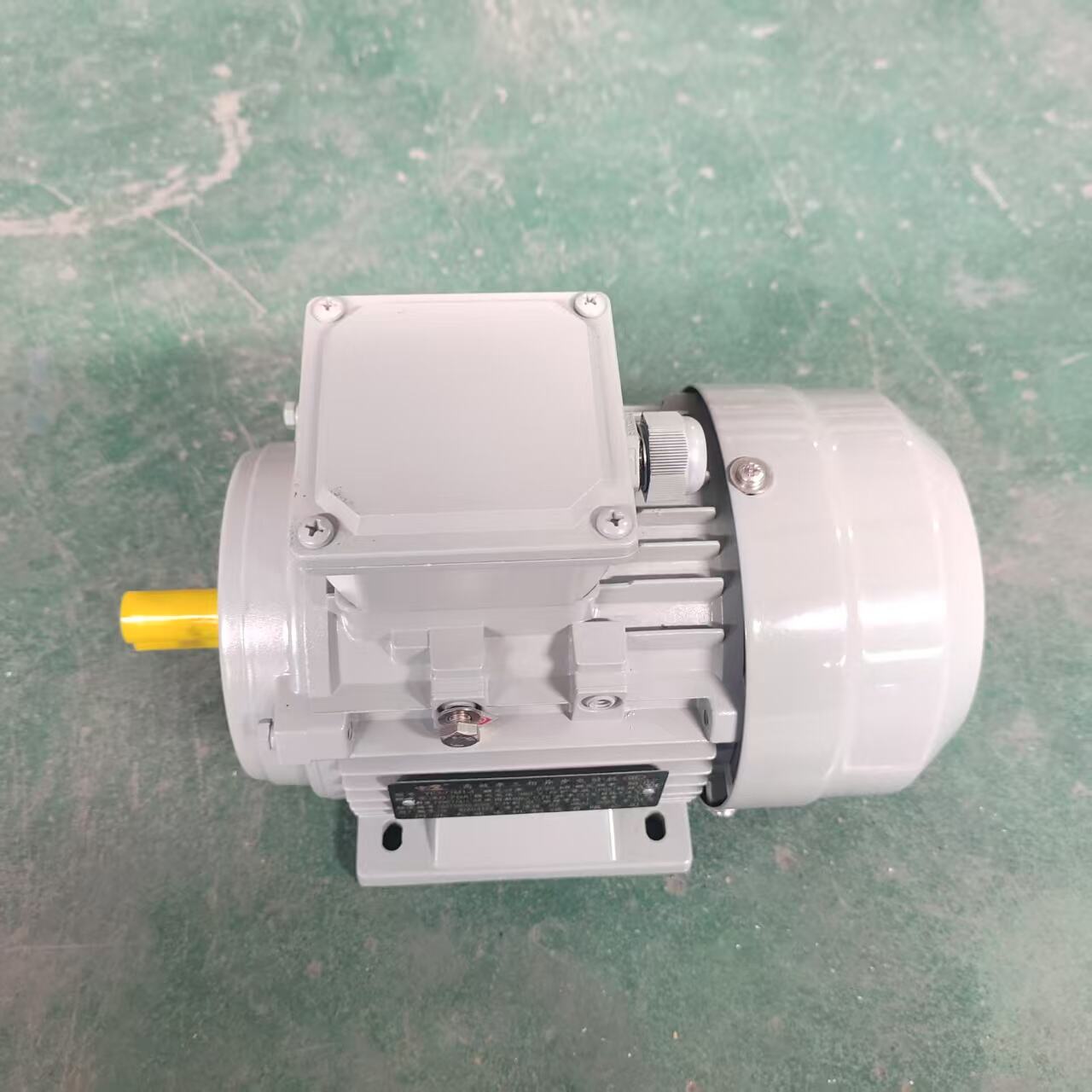Unmatched Speed Precision and Process Reliability
The speed precision capability of a quality synchronous motor sets it apart as the preferred choice for applications where consistent, accurate speed control is absolutely critical to operational success. Unlike induction motors that experience speed variations due to slip characteristics, a quality synchronous motor maintains its rated speed with exceptional accuracy, typically within 0.1 percent of the synchronous speed regardless of load variations within the motor's rated capacity. This remarkable speed stability is achieved through the motor's fundamental operating principle where the rotor's magnetic field locks into synchronization with the rotating magnetic field produced by the stator, creating an unwavering mechanical connection that maintains precise speed control. The practical benefits of this speed precision extend far beyond simple motor operation, directly impacting product quality, process efficiency, and overall system reliability. In manufacturing applications such as conveyor systems, printing equipment, textile machinery, and packaging lines, the consistent speed provided by a quality synchronous motor ensures uniform product handling, precise timing coordination, and consistent quality output. This reliability eliminates variations that could lead to product defects, material waste, or production delays, directly contributing to improved profitability and customer satisfaction. The speed accuracy also enables precise synchronization between multiple motors in complex automated systems, allowing for coordinated motion control without the need for expensive feedback systems or complex control algorithms. Quality synchronous motors maintain their speed precision across varying load conditions, temperature fluctuations, and voltage variations, providing consistent performance even in challenging industrial environments. This stability reduces the need for frequent recalibration, system adjustments, or process modifications that are often required with less precise motor technologies. The predictable speed characteristics also simplify system design and reduce the complexity of control systems, as engineers can rely on consistent motor performance when calculating timing, throughput, and coordination requirements. For applications requiring exact speed ratios or precise timing relationships, the quality synchronous motor provides unmatched reliability that forms the foundation for efficient, repeatable processes that meet stringent quality standards.
